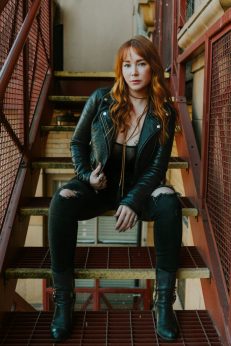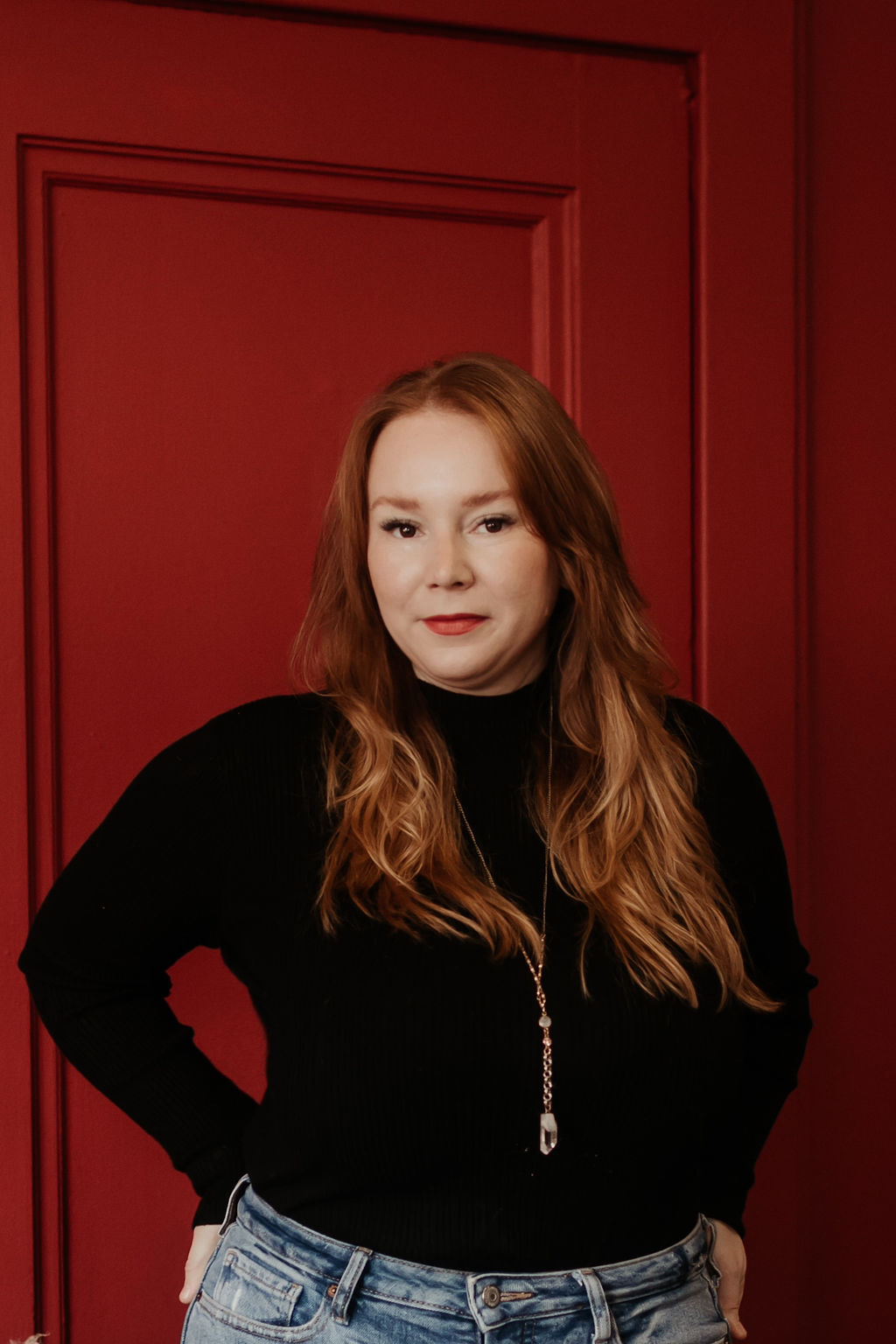By Kristi Alexandra
@kristialexandra
Now more than ever, we need access to mental health services. Unfortunately, it’s a luxury afforded to the well-off or those whose employers provide an extended benefits package. At more than $100 to $200 per hour, counselling and psychiatry is–no secret–high barrier.
Vancouver Feminist Therapy Collective (VFTC) aims to change all that with their low-barrier approach to mental health. The collective, hosted by Hilda Nanning and Associates, offers up affordable narrative and somatic therapy sessions at $70 per appointment.
The low-barrier, anti-oppression approach to counselling is what drew Katherine Chan to the collective, where she started a certificate program while working at the spot’s learning clinic.
“To me, it’s an essential service. It’s like having medical care, but it’s not in our culture to think of it that way. Damages or invisible pain are often tossed aside or not regarded as an emergency,” says Chan, who has now graduated to become an associate therapist.
“I had always known counselling was inaccessible to a certain degree, but I don’t think I fully understood until I was a learning therapist there and saw how many people needed the service and could use it only because it was cheap and affordable,” she reveals, noting that when she was working at the learning clinic, donations were just $20 per session.
“The donations are small,” she says, “but it’s more about a sense of reciprocity.”
Merging feminism and the narrative therapy style–an approach in which sessions are conversation-based and there is no teacher-student heirarchy–means that the VFTC therapy room acknowledges the cultural and social context in which we live.
They look at the truth about the pay gap, the reality of misogyny and women’s history all having influence on a person’s sense of identity. It’s from this understanding that VFTC approaches its work.
“Most of our clients are women, and most of our clients are without health benefits or a job. Single moms, artists and more. The anti-oppression piece, by-practice, [means] offering affordable counselling as a way of doing inclusion,” Chan says.
“When someone enters a room, we allow them to say, ‘This is who I am, this is my background,’ and allowing them to show up as they are.”
Chan is one of four current associates at VFTC, each of whom saw at least three clients per week during their time in the learning clinic. For Chan, that highlighted a real need for services like hers.
“People who are experiencing job loss, low income, domestic violence–those communities need the space to talk about it and process it that won’t have consequences on their real life, or take away from their income,” she says.
“I do think it would make a big, big, big difference in collective well-being if we had access to a simple mental health service without having to shell out $100 to $200 for an hour session.”
EDITOR’S NOTE: As of July 16, the four therapists from VFTC are continuing to provide affordable counselling services via Liberate Counselling Collective: liberatecounsellingcollective.com/

Kristi Alexandra is an unabashed wino and wannabe musician. Her talents include drinking an entire bottle of cabernet sauvignon, singing in the bathtub, and falling asleep.




